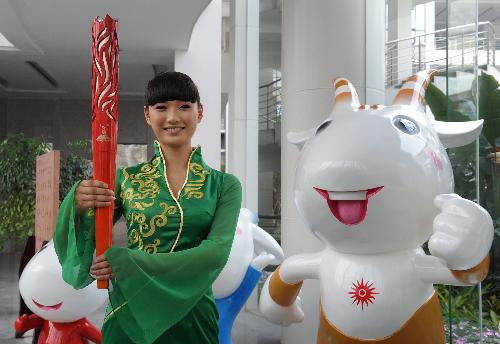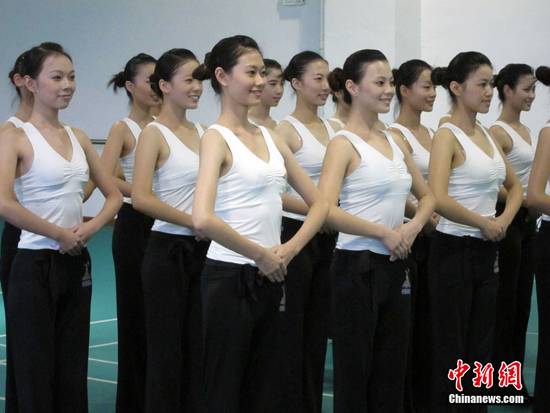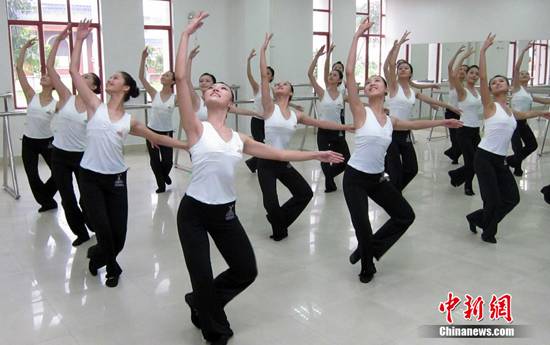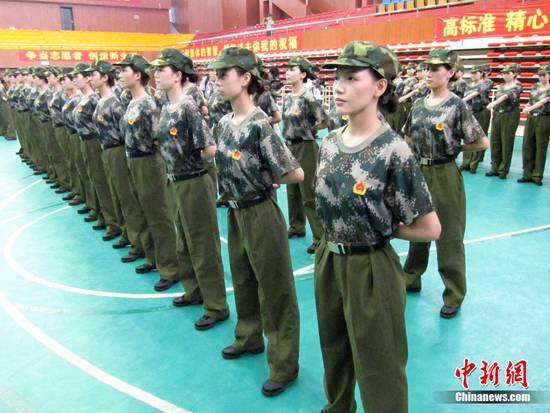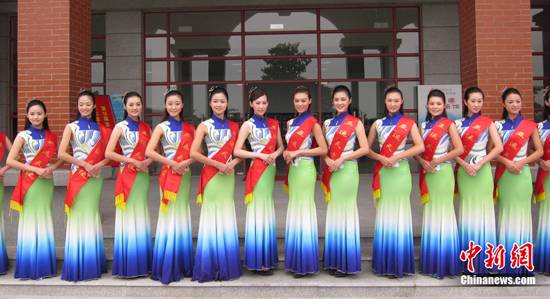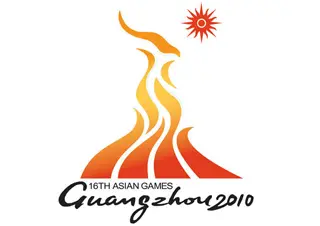
Date: November 12 - 27, 2010
Host City: Guangzhou, China
Co-host Cities: Shanwei, Dongguan, Foshan
Vision: Thrilling Guangzhou Harmonious Asia
Guangzhou all set for Asian Games
11 October 2010
GUANGZHOU, China: After seven years of painstaking preparations, Guangzhou -- the southern city at the heart of China's economic miracle -- has reinvented itself and is ready for next month's Asian Games.
Organisers said they hoped the 2010 Asiad -- the world's second-largest sporting event after the Olympics -- will help the booming metropolis once known as Canton to join the ranks of the world's elite cities.
"After the Asian Games, Guangzhou will not only be known for business and trade, but also sport and lifestyle," the vice secretary general of the Guangzhou Asian Games Organising Committee, Gu Shiyang, told AFP.
"Guangzhou will not only be known as an important city in China, but also in Asia and the world."
Nearly 12,000 athletes from 45 countries and regions will compete for 476 sports titles at the Games in Guangzhou, which sits in the Pearl River Delta, the hub of China's huge export-oriented "workshop of the world".
Just as Beijing did before the 2008 Olympics, Guangzhou has poured billions of dollars into infrastructure projects before the Asiad -- a new rail station, a gleaming trade centre, subway lines, housing projects, highways and bridges.
The opening ceremony of the November 12-27 showpiece will be held in a new amphitheatre built on an island in the Pearl River and nestled beneath the towering skyscrapers of the newly renovated waterfront business district.
Construction on 58 renovated sporting venues and 12 brand-new facilities were finished by the end of September, when crews moved in and began testing equipment and going through Games rehearsals, Gu said.
Four years after Doha staged what was widely seen as the best Asian Games ever, Gu said his city is hoping to outdo the Qatari capital in an effort to one day see Guangzhou hosting an Olympic Games.
But as Delhi found out to its embarrassment as it frantically battled to be ready for the ongoing Commonwealth Games, holding a major multi-sports event is a huge undertaking.
And while there has been none of the chaos of the Delhi preparations, not all has gone smoothly in the run-up in Guangzhou, a city of more than 10 million located about 140 kilometres (85 miles) northwest of Hong Kong.
Officials admit preparations have been fraught with snags, including massive traffic jams during construction and the eviction of numerous unhappy residents to make room for new building projects.
"In the course of construction, of course there was a series of problems," Pan Guolong, an official in charge of venue construction, told AFP.
"During the process, we went through some difficulties and inconveniences, but we have made a better city for the people. Now, most of the people are supportive."
Down the road from the new amphitheatre, where dilapidated housing blocks are still being prepared for demolition, police prevented journalists from interviewing evictees.
"Of course, no one likes to be forcibly evicted from their homes," Wang Yunxiang, a taxi driver, said as he passed by rows of trucks moving people out.
"But the government says this is progress. No one can oppose the government."
At the Capital Centre, a towering luxury apartment complex which overlooks the amphitheatre, residents will be kicked out of their flats during the opening ceremony due to security concerns.
"Some high-level officials will be attending the opening ceremony, so buildings within 500 metres of the amphitheatre will be evacuated," said a building estate agent who identified herself only by her surname Lin.
"You foreigners don't understand -- this is the Chinese way, what the government says goes."
On November 1, the city will start evicting beggars from the streets, while anyone hoping to buy a kitchen knife or other large cutting tools will have to visit designated shops and show identification, according to state media.
"Security is our top concern and our top responsibility for the success of the Games," Gu said.
"We are fully aware of the threats from outside the country and also the risks within the city or within the territory. We have made great efforts to make our city safe, to make our Games safe."
To relieve the city's notorious traffic congestion, restrictions will be implemented from November 1 to get half of the nearly two million registered vehicles off the roads during the Games, officials said.
The government is also seeking to ensure that stands will be full of spectators -- tickets are being given away to students, enterprises and government institutions.
"We don't consider or take ticket sales as a most important channel of revenue... the first principle of ticket pricing is affordability," Gu said.
"The most important thing is participation. We would like to have more citizens, more spectators to come and watch the Games."
-AFP/jl



















